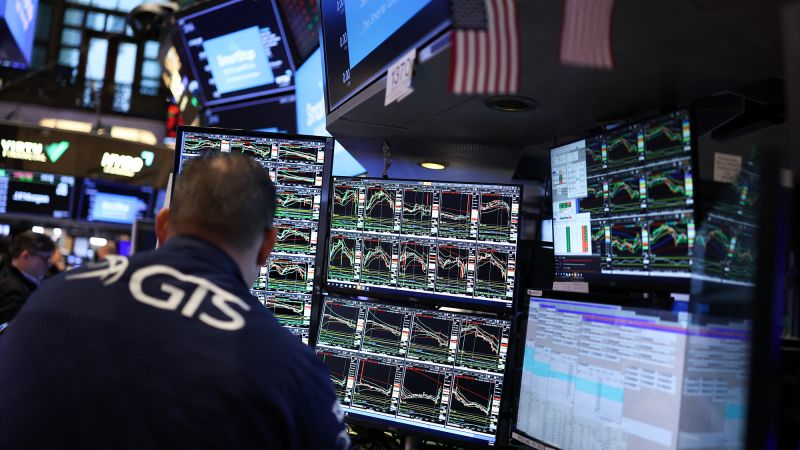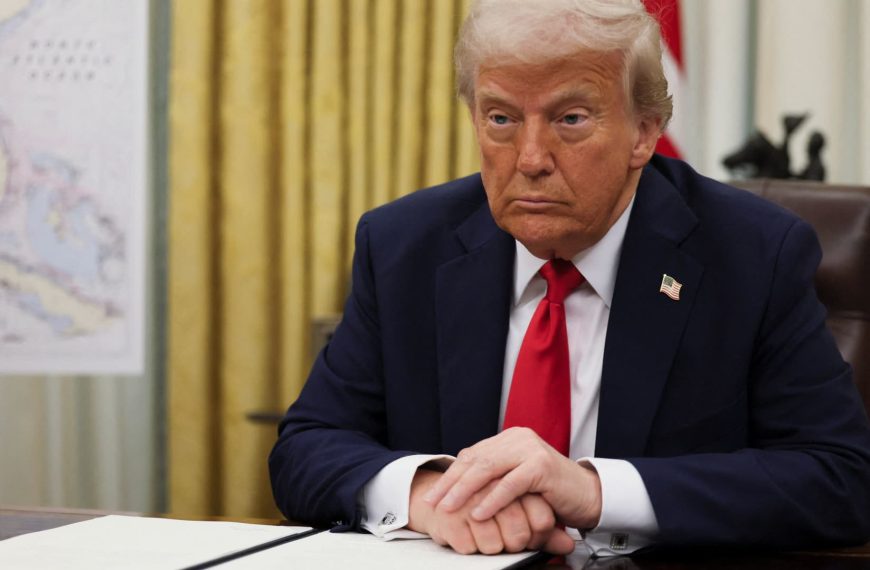Asia-Pacific Stock Markets Dip Amid U.S. Tariff Concerns
On Thursday, Asia-Pacific markets faced a downturn, following a similar trend in the U.S. as investors reacted to President Donald Trump’s announcement of a 25% tariff on auto imports. This development is causing ripples in the global economy, leading to cautious trading across various exchanges.
Market Reactions in Japan and South Korea
In Japan, the Nikkei 225 index opened the day 0.80% lower, while the broader Topix index experienced a decline of 0.40%. Meanwhile, South Korea’s Kospi index fell by 0.65%, with the smaller Kosdaq index decreasing by 0.33%. These declines reflect investor anxiety over the potential impact of U.S. tariffs on international trade.
- Nikkei 225: -0.80%
- Topix: -0.40%
- Kospi: -0.65%
- Kosdaq: -0.33%
Australia’s market also mirrored this sentiment, with the S&P/ASX 200 down 0.54% in early trading. In Hong Kong, futures for the Hang Seng index indicated a slight dip, opening at 23,418, a drop from the previous close of 23,483.32.
U.S. Market Performance and Tech Sector Declines
U.S. futures took a hit after all three major Wall Street indexes reported losses the prior day. The S&P 500 recorded a decline of 1.12%, closing at 5,712.20. The Dow Jones Industrial Average fell by 132.71 points, or 0.31%, finishing at 42,454.79. The Nasdaq Composite, heavily influenced by technology stocks, experienced a significant drop of 2.04%, closing at 17,899.01.
Several key tech companies suffered losses as well:
- Nvidia shares plummeted by nearly 6%.
- Meta Platforms and Amazon both decreased by over 2%.
- Alphabet saw a decline exceeding 3%.
- Tesla shares slid more than 5%.
This market activity emphasizes the volatility and uncertainty currently affecting both domestic and international investors. As global trade dynamics shift, market participants will be closely monitoring developments surrounding U.S. tariffs and their potential repercussions.
Stay tuned for updates as the situation evolves, and consider how these trends may impact your investment strategies moving forward.











